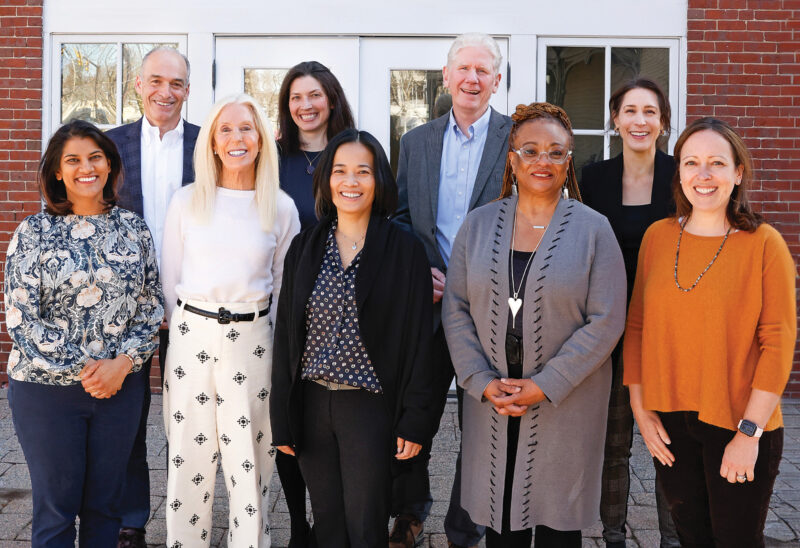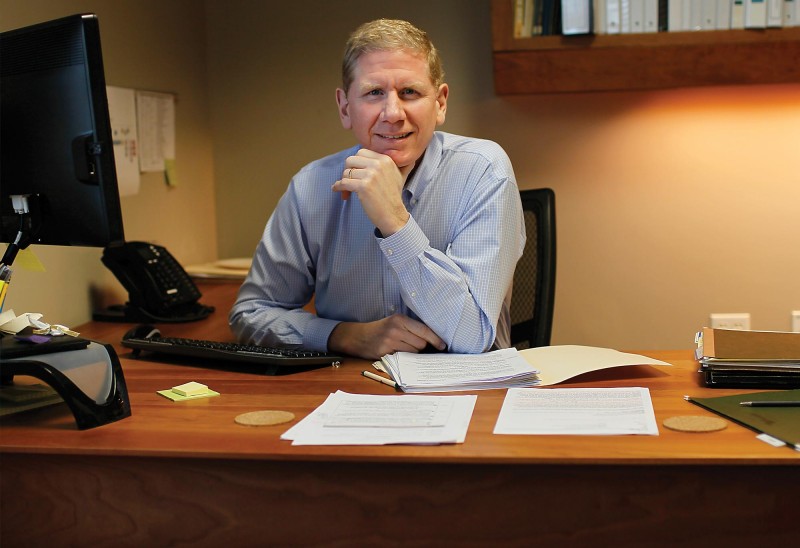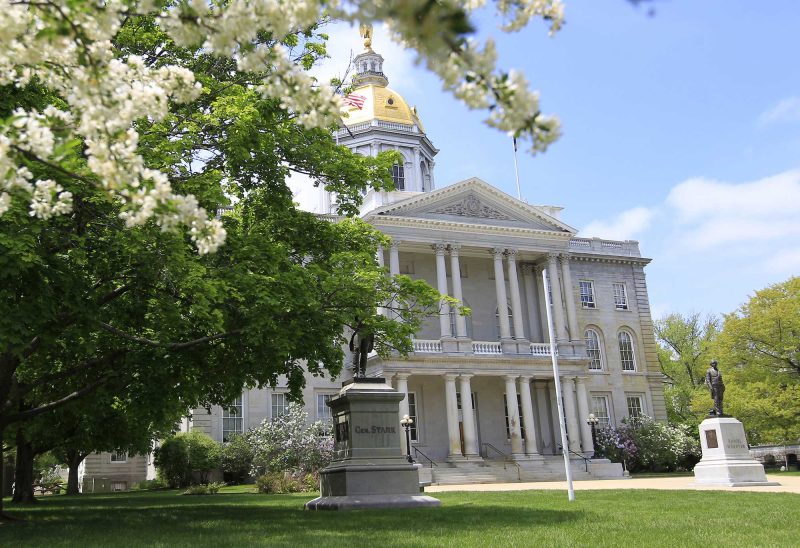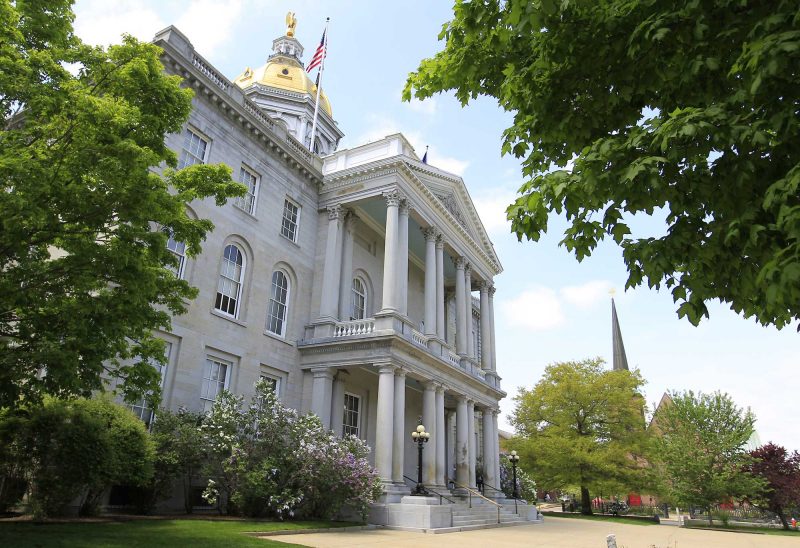One of the wonderful and strange things about my job is getting thanked for things I had nothing to do with.
It happens all the time. Nonprofit staff and board members stop me in the street to explain how a recent grant from the New Hampshire Charitable Foundation helped them serve more clients. Moms and dads and aunts and uncles tell me shyly, often with tears in their eyes, how a scholarship changed the world for a young person they love. And we get letters — scores and scores of letters — from nonprofits and the people they help, and from students who have earned a scholarship.
Not long ago, my colleague Stacie Harriman forwarded this one from Allison* of Nashua.
“I am forever grateful for this scholarship,” Allison wrote. “Coming from a low-income household means that I am forced to fund my college education all on my own, and this scholarship has taken a lot of the pressure to afford it off … I have also been inspired to set up my own scholarship fund when I am older, in order to help out someone else in my situation, and bring them the joy that you have brought to me. It means the world to me knowing that someone felt that I had earned such a generous award.”
In this lovely little letter, Allison managed to capture the essence of our Foundation: passion and community. Generosity and need. Promise, impact and joy.
And above all — inspiration.
A long line of people deserve to be thanked for inspiring Allison.
John McLane and Dudley Orr, who first had the idea of a community foundation for New Hampshire. Members of the board, past and present, who govern it so well. My supremely talented and passionate colleagues who do the work. And at the very front of the line are the donors who make it all possible through their own inspired giving.
In Allison’s case, those donors were George and JoAnne Pappas, who decided not to leave a bequest to George’s out-of-state university. Instead, they decided to create a fund for New Hampshire students and let them decide where to attend college. So Allison decided to stay here and attend St. Anselm’s, empowered by a scholarship that cut her tuition and debt in half. She will give back to the next generation and the cycle continues.
This story originally appeared in the Foundation’s 2014 Winter/2015 Spring Purpose Newsletter.
Probably the single most important thing to understand about our Foundation is this: We do not have one big fund we use to make grants. We have 1,600 individual funds, set up by New Hampshire families and businesses and organizations with 1,600 inspirations about how to make our communities better places.Richard OberTweet This
Ours is a two-part mission: Strengthening communities and inspiring greater giving. We spend a lot of ink and bits and bytes on the first — thousands of grants and scholarships changing lives and building community. In this issue of Purpose are stories of impact in preparing STEM-ready professionals, supporting Bhutanese refugees, helping North Country preschoolers thrive, investing in children and youth and families. That’s what we are here for. And it all starts with inspired giving.
Probably the single most important thing to understand about our Foundation is this: We do not have one big fund we use to make grants. We have 1,600 individual funds, set up by New Hampshire families and businesses and organizations with 1,600 inspirations about how to make our communities better places. Our job is to connect these funds and the remarkable people who set them up with the organizations, ideas and people who are making a difference — to get more out of every charitable dollar that comes through here. Every year more and more donors realize the power of giving in this way and join our Foundation community.
Allison understood that intuitively when she addressed her letter not to me, but simply to New Hampshire Charitable Foundation. And she understood it when she added, “I am aware that this scholarship was made possible through the generosity of members of the community.”
Now I know what to say next time someone thanks me.
*Allison is a pseudonym to protect the anonymity of the student.

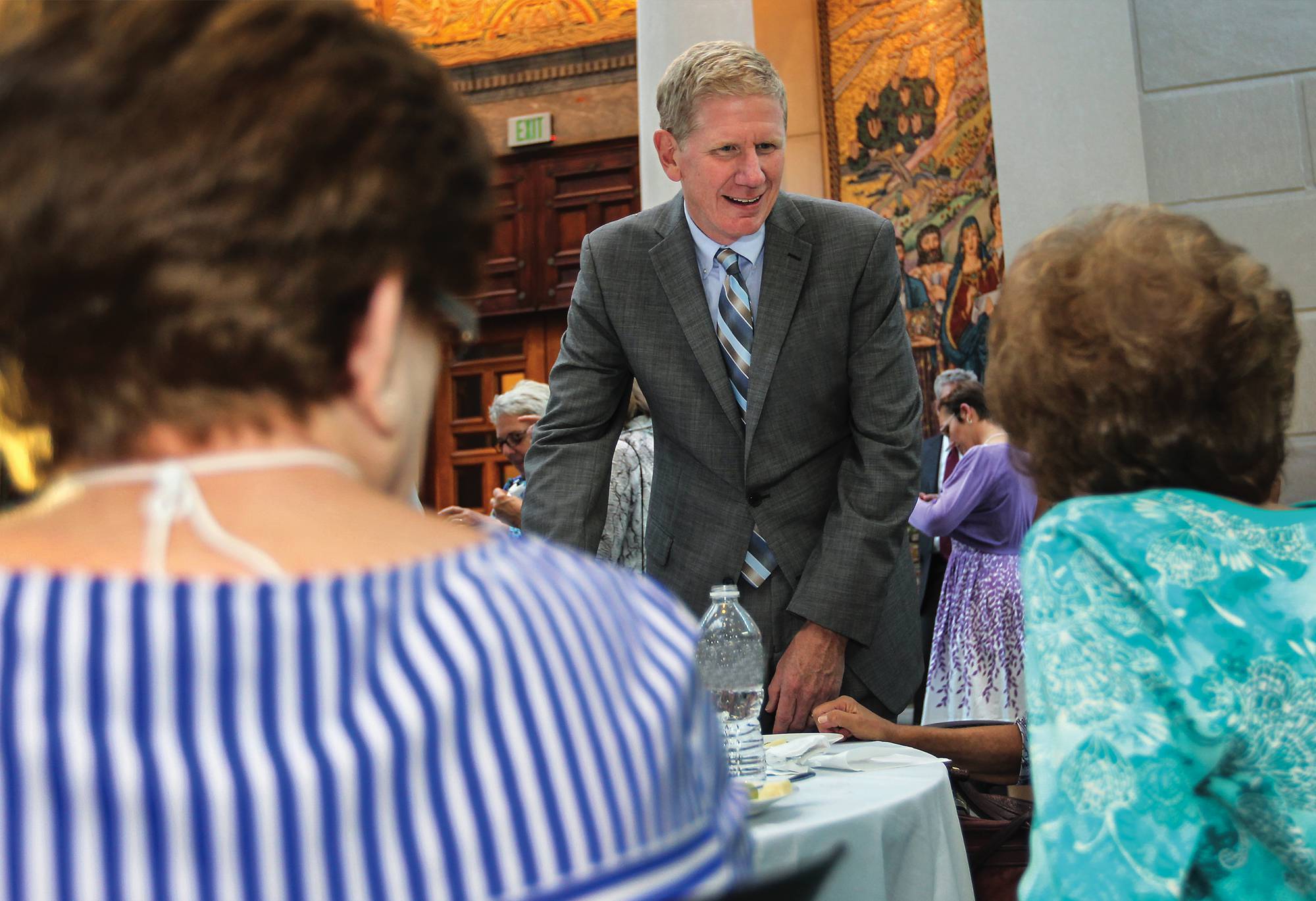







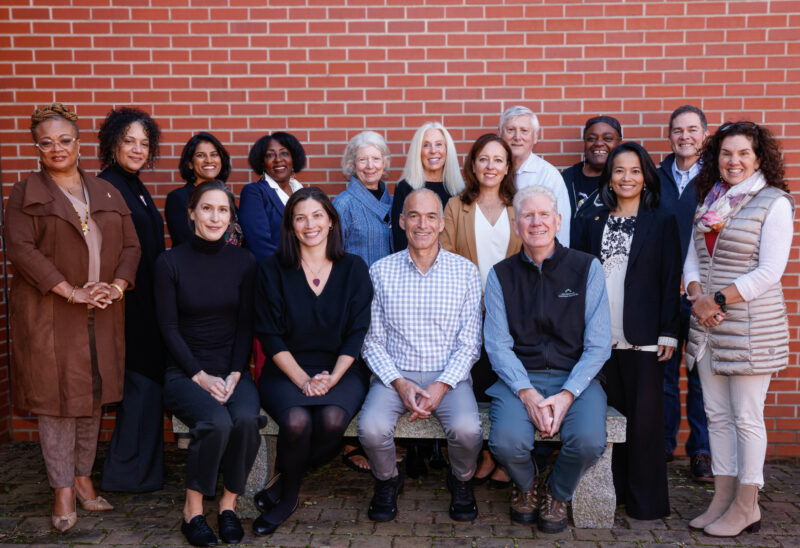
![Charitable Foundation President Dick Ober [Photo by Cheryl Senter]](https://www.nhcf.org/wp-content/uploads/2023/12/dick-ober-purpose-fall-winter-2023-800x548.jpg)

